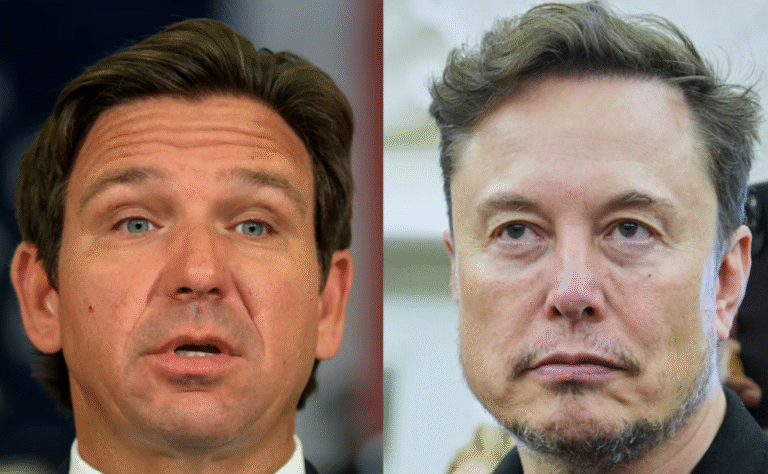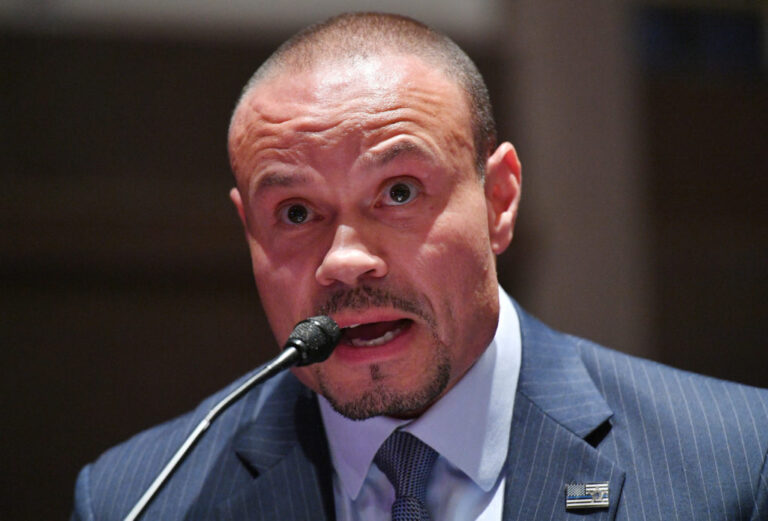The President of the United States has immunity from prosecution for official acts in office the Supreme Court ruled in a monumental decision with massive implications for presidential powers and the criminal cases against Donald Trump.
The case centered around Special Counsel Jack Smith’s prosecution of Trump for allegedly masterminding efforts to overthrow the 2020 election while in office, including on January 6.
The ex-president’s team argued that Trump, and any president, must have absolute immunity from prosecution over actions taken while in office or it could impair important decision-making.
The 6-3 opinion ensures that Trump will not face another blockbuster trial before the November election.
‘The President enjoys no immunity for his unofficial acts, and not everything the President does is official. The President is not above the law,’ the justices led by Chief Justice John Roberts write in the majority.
‘But under our system of separated powers, the President may not be prosecuted for exercising his core constitutional powers, and he is entitled to at least presumptive immunity from prosecution for his official acts. That immunity applies equally to all occupants of the Oval Office.’
The Supreme Court’s historic decision could also impact the two other ongoing criminal prosecutions against Trump – for his alleged mishandling of classified documents and for election subversion efforts in Georgia.
The Supreme Court currently has a conservative six-three majority with three of the conservative justices nominated by Trump during his time in office.
Lawyers representing special counsel had argued that a president can face charges for committing crimes while in office and no public official has absolute immunity.
The decision comes as Trump is facing criminal charges in three criminal cases and has already been found guilty on 34 counts of falsifying business records in New York last month.



